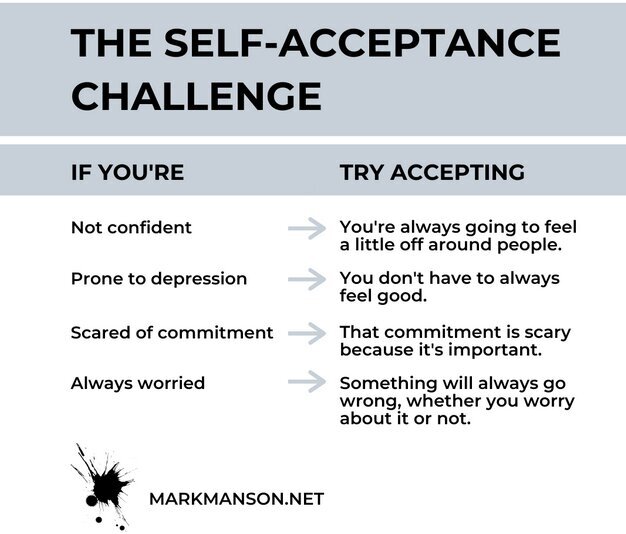Behavior therapy works very well for practically everything.Psychiatrists,psychologists don't know the causes of a disorder,so they just suggesting different therapies that suppose will help.
I remember as a teenager I thought my first therapist was too naive -- like his belief that practicing small talk would help with my shyness. It seemed crazy to me (at the time) that little things like saying "hello" to a store clerk could be helpful for what seemed like insurmountable social anxiety.
Similarly, most people find behavior therapy to be too scary or upsetting (like with "exposure therapy") or too tiring or boring (like with "behavioral activation"). And it can all seem pointless anyway, especially since human nature can be more reactive than proactive.
So what works for most people is gradual behavior change, with results that may take longer to notice.
Regarding exposure therapy:

Avoidant Personality Disorder: Boundaries of a Diagnosis | Psychiatric Times
A discussion of the epidemiology, assessment, diagnostic dilemmas, and treatment of avoidant personality disorder.www.psychiatrictimes.com
Regardless of treatment modality, however, one of the keys to treatment success (as with other anxiety conditions) is exposure. Patients who simply take a medication or who speak with a therapist are not likely to report symptom relief before they take the risk of confronting their feared situations.
Greater success can be anticipated if the therapist supports patients and encourages them to confront their fears. This can take the shape of a specific homework assignment within a cognitive-behavioral format or therapist support of the patient's willingness to risk intimacy and no longer be the "perfect patient" within a psychodynamically oriented framework.
Medications can help with tolerating behavior therapy or behavior change, as can exercise, mindfulness, socialization, journaling, or anything else that is good for one's brain.
And it's much easier to do anything with social facilitation. In other words, it is easier to make changes with the help of someone else or a group of other people. Even someone just monitoring your progress can help. That's another reason even primary care doctors can be of help with regular visits.



